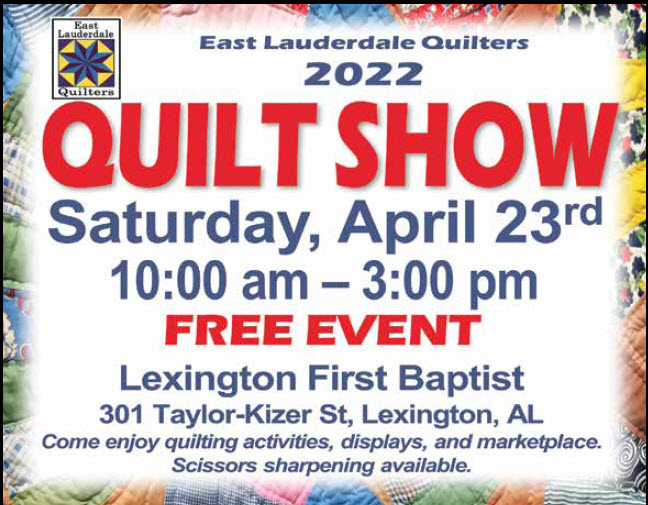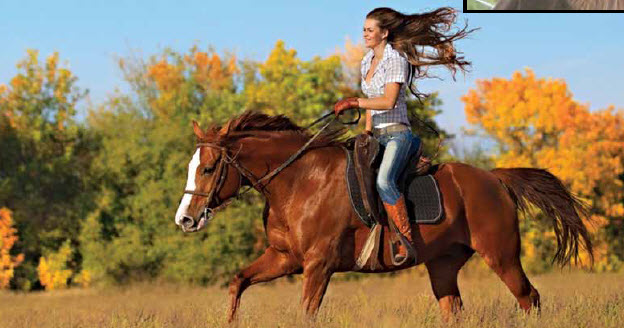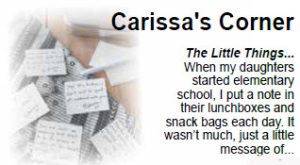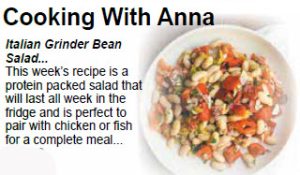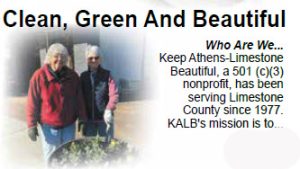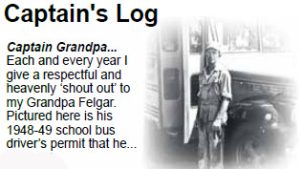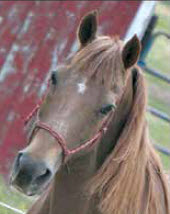 By: Deb Kitchenmaster
By: Deb Kitchenmaster
Have you ever been impatient? How about, “I’ve waited long enough?” or, “Where are you? I’ve been waiting for forty minutes. I understood we were to meet at such and such time?” Me, too. We have a timeline in place and a reasonable time of waiting in mind. Then what?
Waiting is duplicitous in its behavior, meaning that your strength can be renewed or you can become exhausted emotionally or physically. What determines strength or exhaustion? Relationship (unity/connection). What about timing? Timing can also be referred to as rhythm. Timing enables us to connect with unforced rhythms of grace rather than forced rhythms of law or performance. We want the results we set out to accomplish, but we want it based upon our communication in our relationship rather than our demand of performance or acting a certain way. Behavior and attitude are best not to be ignored or overlooked.
We can take this timing and waiting savvy within our relationships inside the corrals of our lives or in the horse corral.
Let’s head to the horse corral.
First, let’s understand the horse. The horse is not a dog. The horse is not a human. Most importantly, the human needs to recognize the horse’s need for self-preservation in mind, body, and the third factor, spirit. This is extremely important to a horse, and when a person understands how important it is to a horse, unity is enjoyed. For example, the person’s approach (energy) can assure the horse that he can have his self-preservation and still respond to what the person is asking him to do. That is going to be a useful thing to both the person and the horse. There’s a “time” the horse has enough confidence and it’s a “yes” to your interaction and there’s a time to allow confidence to be built between you and the horse. Wait for it; the change will inevitably come. Understand and remember self-preservation is extremely important to a horse!
Understanding the relationship between you and your trainer (if you have one) is important. Whether your trainer is a person or the horse, neither one can teach you anything; they can only help you learn. It doesn’t take long to figure out that a seed can be planted and nurtured to grow, but the real learning must come from within oneself. It is quite the discovery when one realizes that a bunch of secret training tips is no longer the focus but rather the ways you can work on yourself. 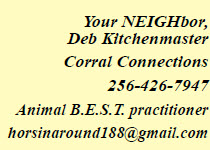 Remember, if something isn’t working out for you the way you would like, don’t worry yourself. More than likely you are trying too hard and wanting to force something to happen. It just doesn’t work that way. You want to be in the position of ‘leader’ or ‘master’ but your horse is not a slave, but rather your willing partner. You need to learn to wait for things to happen.
Remember, if something isn’t working out for you the way you would like, don’t worry yourself. More than likely you are trying too hard and wanting to force something to happen. It just doesn’t work that way. You want to be in the position of ‘leader’ or ‘master’ but your horse is not a slave, but rather your willing partner. You need to learn to wait for things to happen.
There are times your horse will know what you want and be trying, but it takes time for the horse to coordinate himself structurally. There are also times you must put your horse under pressure to help him become happy. Your application and the outcome of that pressure makes the difference. What is the difference between happy children and unruly? Discipline. Disciplined children experiencing a relationship that fosters a loving, consistent communication are happy.
Recently, I came face to face with a weariness and a degree of impatience within my own soul. In crying out, I realized that my timing and God’s timing weren’t in harmony. I have an idea of what justice could look like, and I have a desire of it happening now rather than later. I repented. I was carried by the wind of the Holy Spirit to Isaiah 40:31. “They that wait upon the Lord shall renew their strength. They shall mount up with wings.” I then read a statement by a woman whose first name is Trina. “If I have inside me the stuff to make cocoons, maybe the stuff of butterflies is there too.”
This week is referred to as ‘the Passion of Christ’ by some. I know Jesus rode a wild donkey into Jerusalem where people were waving flags, garments, and palm branches and yelling “Hosanna.” He had need of a wild donkey, not a trained elephant. “Hosanna.”
Your “NEIGH” bor,
Deb Kitchenmaster
